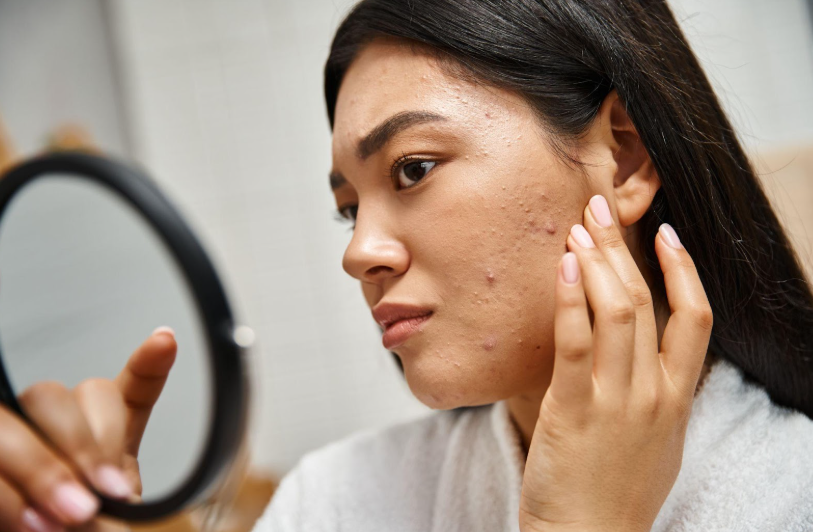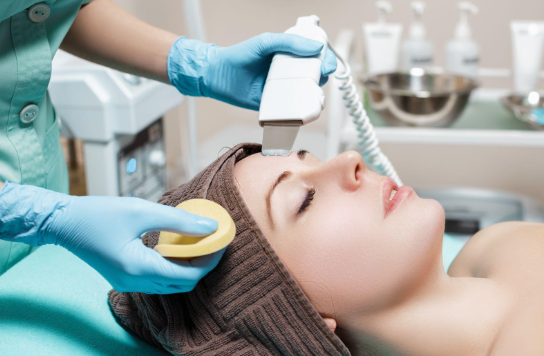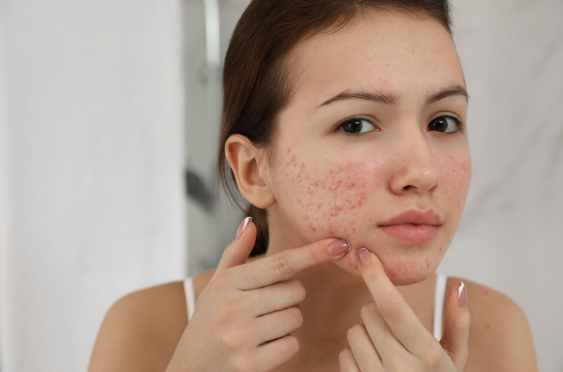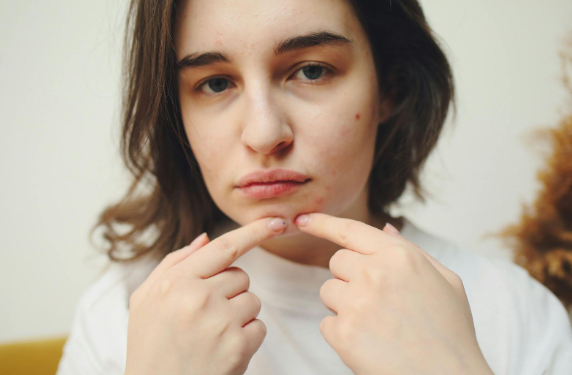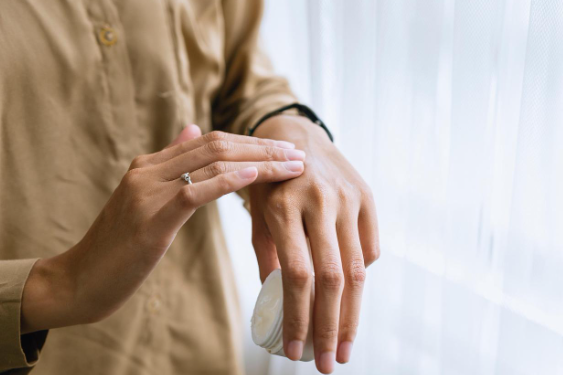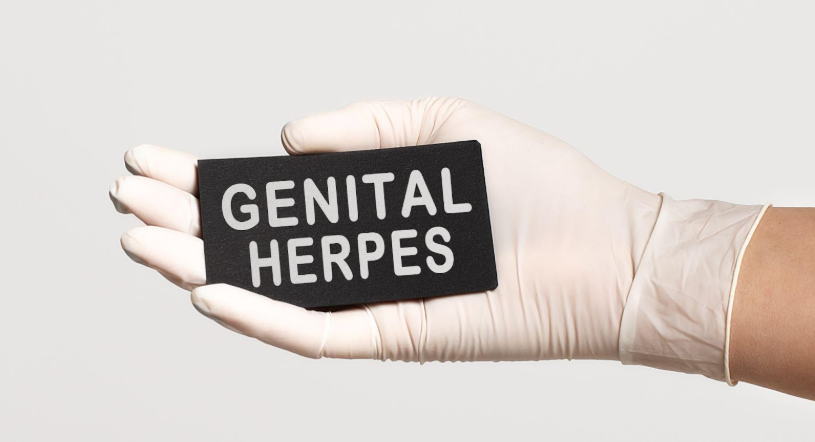Learn More About Rosacea

Rosacea FAQs + Information
Rosacea is a chronic inflammatory skin condition that causes redness, visible blood vessels, and small, pus-filled bumps to form on the skin. The condition primarily affects the face, The condition is extremely common, affecting Although rosacea is commonly mistaken for acne or a severe rash, it’s a unique condition that requires specialized treatment.
While there is currently no cure for rosacea, there are effective methods for reducing the appearance and severity of the condition.
Pine Belt Dermatology of Mississippi specializes in the diagnosis and treatment of rosacea.
Here are some of the most frequently asked questions about the condition, its symptoms and its treatments.
What Are the Risk Factors for Developing Rosacea?
Medical researchers haven’t discovered a definitive cause of rosacea. However, there are some genetic and lifestyle factors that are thought to contribute to the condition.
The following factors can increase a person’s risk of developing rosacea:
- A family history of rosacea
- Being female (though men have more severe rosacea than women)
- Being older than 30
- Having light-colored or pale skin
- Having acne or a history of acne
- Having helicobacter pylori infection1
- Experiencing sun damage on the facial skin
- Smoking
It’s important for individuals with several risk factors to understand the early symptoms of rosacea, and to visit a dermatologist if these early symptoms appear.
What Are the Signs + Symptoms of Rosacea?
Medical researchers haven’t discovered a definitive cause of rosacea. However, there are some genetic and lifestyle factors that are thought to contribute to the condition.
The following factors can increase a person’s risk of developing rosacea:
- A family history of rosacea
- Being female (though men have more severe rosacea than women)
- Being older than 30
- Having light-colored or pale skin
- Having acne or a history of acne
- Having helicobacter pylori infection1
- Experiencing sun damage on the facial skin
- Smoking
It’s important for individuals with several risk factors to understand the early symptoms of rosacea, and to visit a dermatologist if these early symptoms appear.
What Are the Common Triggers for Rosacea?
Many people with rosacea have few symptoms unless they experience what is known as a flare-up. A rosacea flare-up is a sudden occurrence of more severe rosacea symptoms than usual. Flare-up symptoms vary depending on the subtype of rosacea a person has.
Flare-ups can have long-term consequences, including new rosacea symptoms on previously unaffected parts of the face. There is also evidence that more flare-ups can lead to rosacea symptoms that last longer and are more severe. Over time, skin that has experienced multiple rosacea flare-ups may stop responding to treatment that once worked.
To effectively treat rosacea, it’s important for patients to avoid their personal triggers.
Common triggers for a flare-up include2:
- Sun exposure
- Spicy foods
- Alcohol
- Hot drinks (coffee, hot chocolate, tea)
- Exercise or physical exertion
- Hot weather
- Hot showers and baths
- Sitting in a hot tub or sauna
- Cold, windy weather
- High humidity
- Stress and anxiety
- Certain skin care products and types of makeup
- Certain medications
It’s important to keep a record of your own rosacea triggers. Avoiding these triggers will help you control rosacea flare-ups and prevent the condition from getting worse. Reducing your flare-ups can also help your treatment plan be more effective.
Treatments for Rosacea
If you suspect that you have rosacea, it’s important to visit a dermatologist to receive an accurate diagnosis. Your dermatologist will examine your skin and get a thorough history of your symptoms to provide a diagnosis of a particular subtype of rosacea.
The first line of treatment for rosacea is to avoid flare-up triggers. Sun protection, using gentle skincare products, and protecting your face from wind and cold are just a few ways to reduce the risk of a flare-up. Talk to your dermatologist about other ways you can protect your skin from rosacea flare-ups.
Additional treatment options for rosacea include topical medications, oral prescription medications like antibiotics and oral acne medications.
Pine Belt Dermatology specializes in the diagnosis and treatment of rosacea. We have
four locations
in Mississippi: Petal, Hattiesburg, Biloxi, and Ellisville.
If you’re searching for rosacea treatment in Mississippi,
contact Pine Belt Dermatology to make your appointment today.
Sources:
- "Relationship between Helicobacter pylori and Rosacea ...." 11 Jul. 2018, https://www.ncbi.nlm.nih.gov/pmc/articles/PMC6042414/.
- "Rosacea: a Clinical Review - NCBI - NIH." 23 Jun. 2016, https://www.ncbi.nlm.nih.gov/pmc/articles/PMC5134688/.
